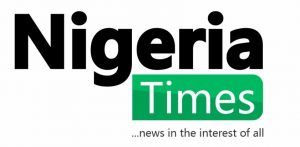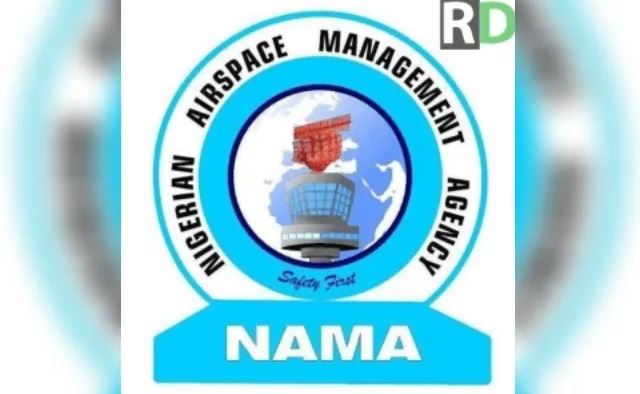LAGOS – Industry experts have sharply criticized the Nigerian Airspace Management Agency’s (NAMA) proposed 800% increase in terminal charges, describing it as a potential catastrophe for the aviation sector.
The planned hike, scheduled to begin on September 1, 2024, was met with outrage from aviation professionals who believe it would have driven airlines towards bankruptcy. The proposed increase came at a time of already diminished consumer purchasing power and a struggling airline industry.
Experts warned that, if implemented, the hike could have seen one-way tickets for routes such as Lagos-Abuja soar to between N400,000 and N500,000, up from the current N150,000 to N200,000. They highlighted that airlines are already under severe financial strain, with over 60% of their aircraft out of service due to maintenance and forex issues.
Engr. Farouk Umar, Managing Director of NAMA, defended the proposed increase, stating that the current charges, in place since 2008, were no longer sustainable given rising operational costs. He noted that the cost of diesel has increased from N113 per liter to over N1,400, and the unit rates for international and domestic flights had not been adjusted in years.
Despite these justifications, industry players criticized the move. Capt. Ado Sanusi, CEO of Aero Contractors, called the hike unjustifiable, arguing that it would further reduce passenger numbers and potentially force smaller airlines out of business.
Capt. John Ojikutu (rtd), CEO of Centurion Aviation Services, urged NAMA to account for its substantial revenue from the Ticket Sales Charge/Cargo Sales Charge (TSA/CSC), suggesting that a significant portion of this revenue could cover operational costs without imposing such drastic increases.
Aviation expert Capt. Samuel Caulcrick suggested that NAMA should explore alternative cost-saving measures and engage in dialogue with airlines rather than unilaterally increasing charges. He emphasized that the additional costs would inevitably be passed on to passengers, reducing air travel accessibility.
Capt. Ibrahim Mshelia, CEO of Westlink Aviation, acknowledged that while NAMA had a right to adjust charges, the proposed increase could drive airlines out of business due to unsustainable operational costs.
Industry voices, including Engr. Sheri Kyari of 7Star Hangar and aviation analyst Mr. Simon Tumba, echoed concerns that the 800% hike was ill-timed and would likely exacerbate the industry’s struggles, potentially leading to increased airfares and reduced consumer access.
The controversy highlights the urgent need for government and regulatory bodies to consider the broader impact of policy changes on the aviation sector and to seek balanced solutions that support industry sustainability.













